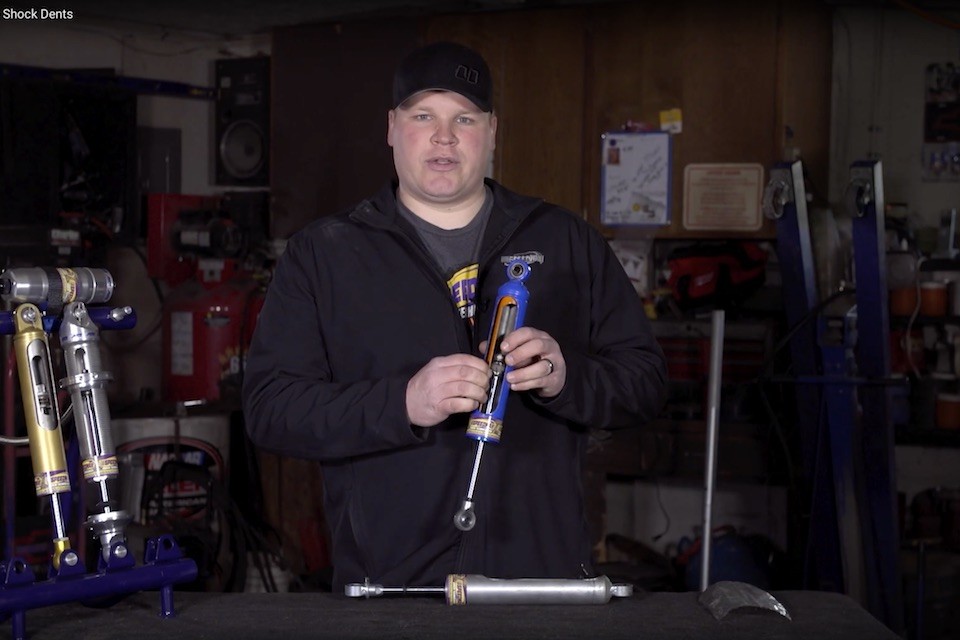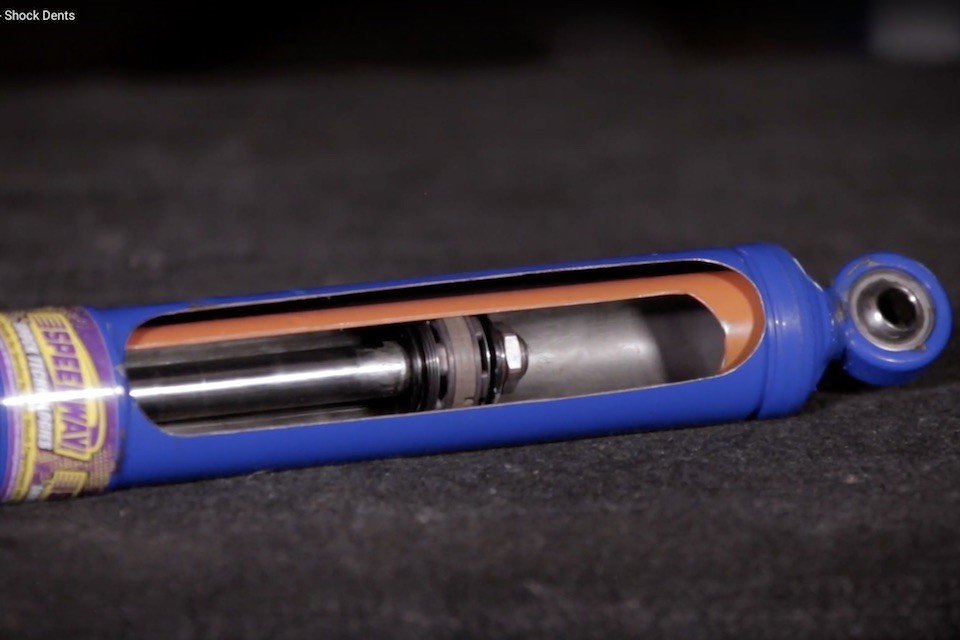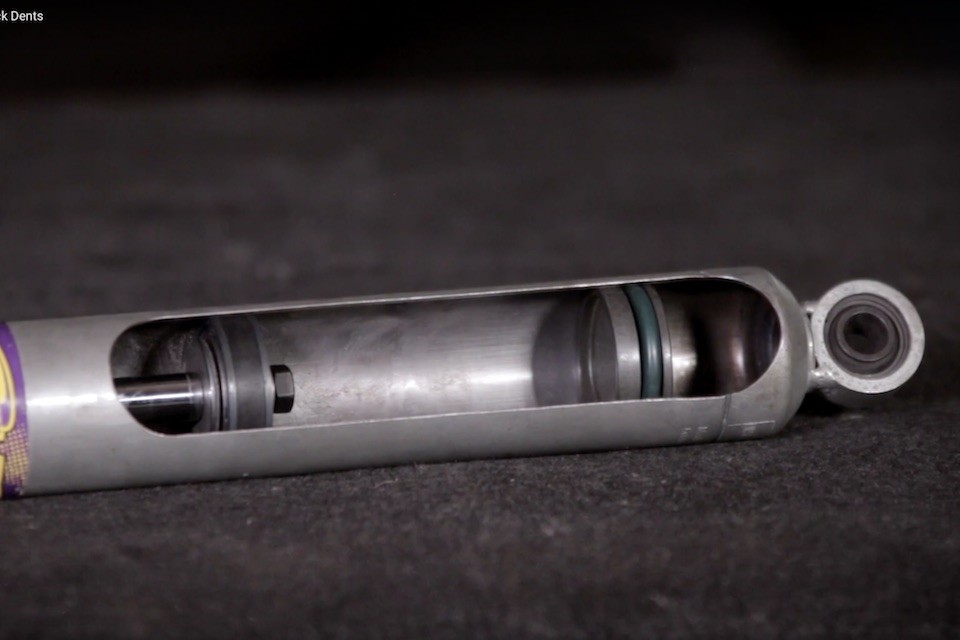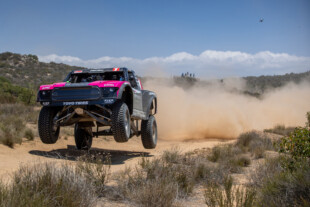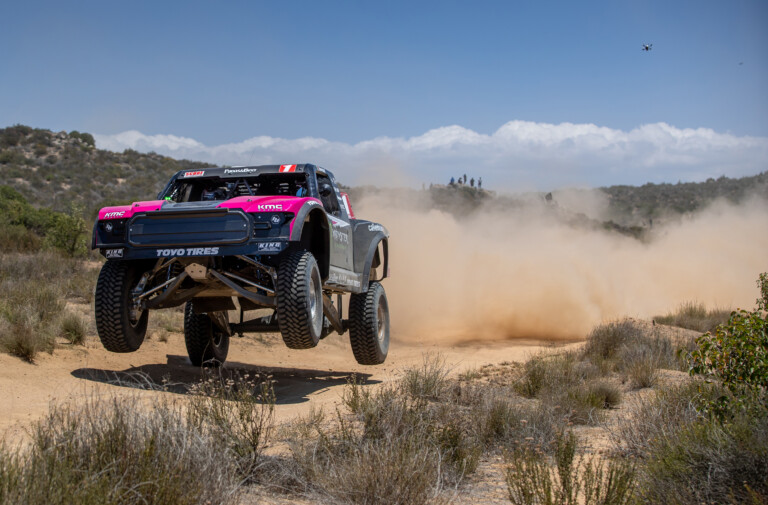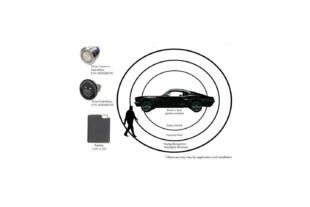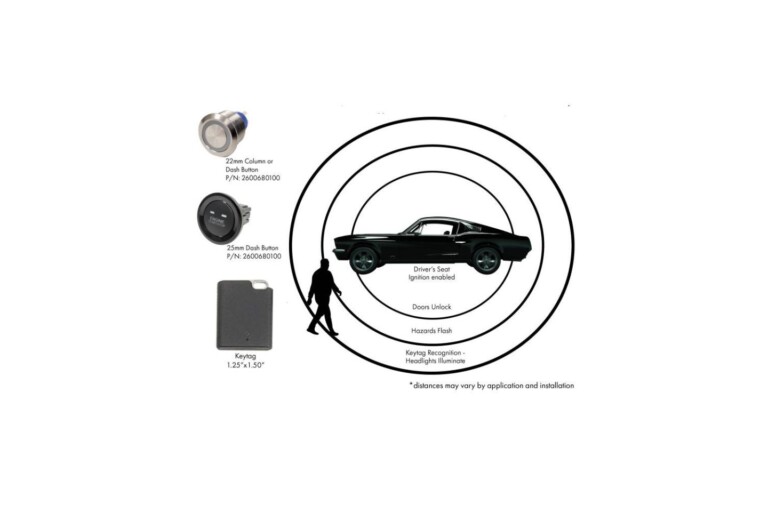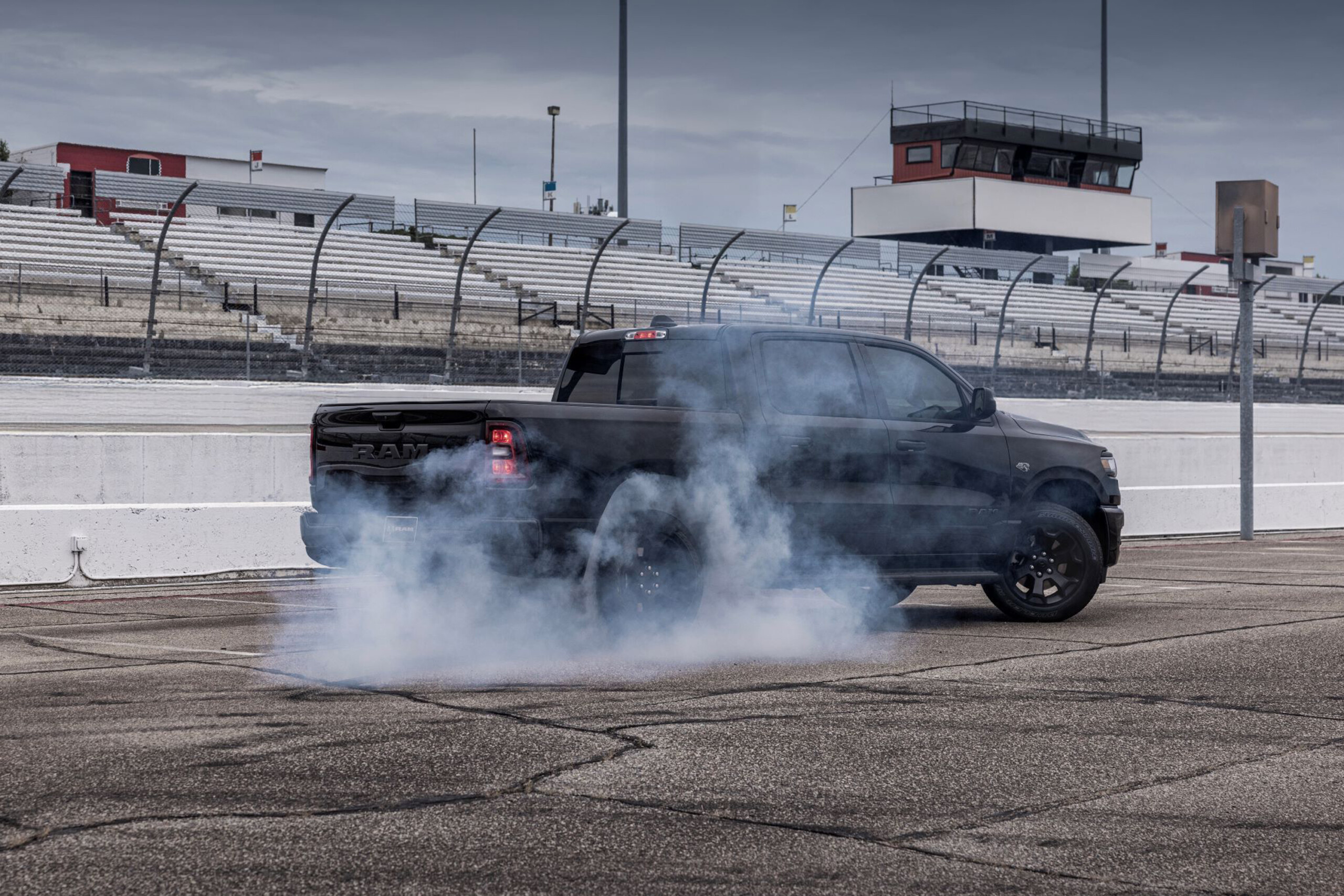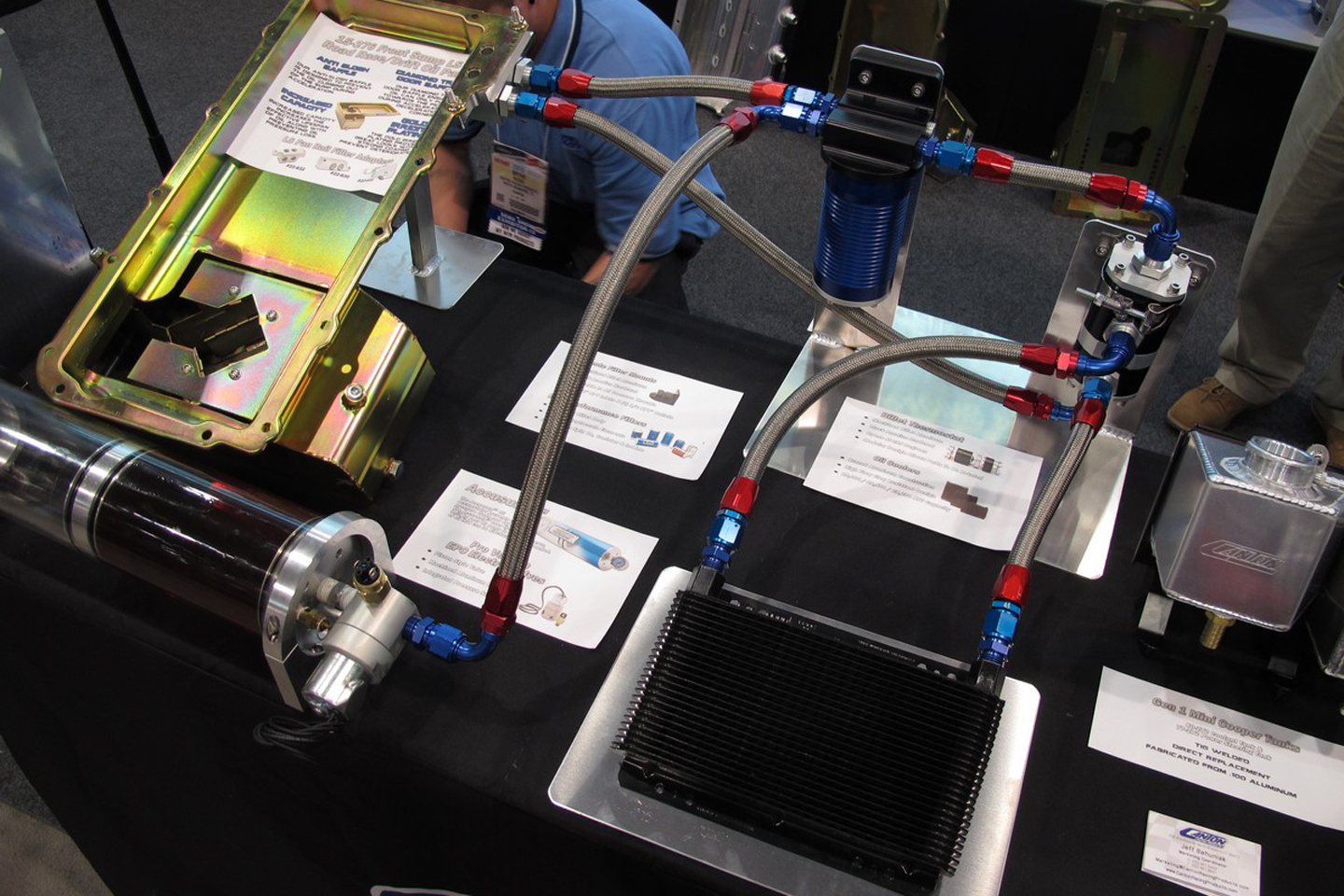Our friends at Speedway Motors have really been producing some great videos using members of their own garage to host these technical masterpieces. In one of the recently released videos by the team, Kyle Vanover covers one of the least understood areas of racing suspensions, dents in the body of a shock.
As discussed, and shown in the video, twin-tube shocks, which are often called oil shocks, are less likely to be affected by dents. These shocks have an outer tube (case) and inner tube, are filled with oil and have a gasbag with the same volume as the shaft. Dents on the outer tube of the twin-tube type shocks typically won’t affect the inner tube, which means that the piston will move up and down in compression and rebound freely, with no additional restrictions.
Monotube shocks are constructed differently. In a monotube, or gas shock, there is a single tube with the bottom portion filled with oil. There is a divider piston and the area above that is filled with nitrogen. Denting gas shocks usually can cause more problems than denting oil shocks. Without the protective inner tube, the piston is more susceptible to damage.
For more information about racing suspensions, shocks, or other great technical advice, visit Speedway Motors online at www.speedwaymotors.com, or call them at (800) 979-0122. For shock specific questions, ask for Speedway Shock Technologies.



